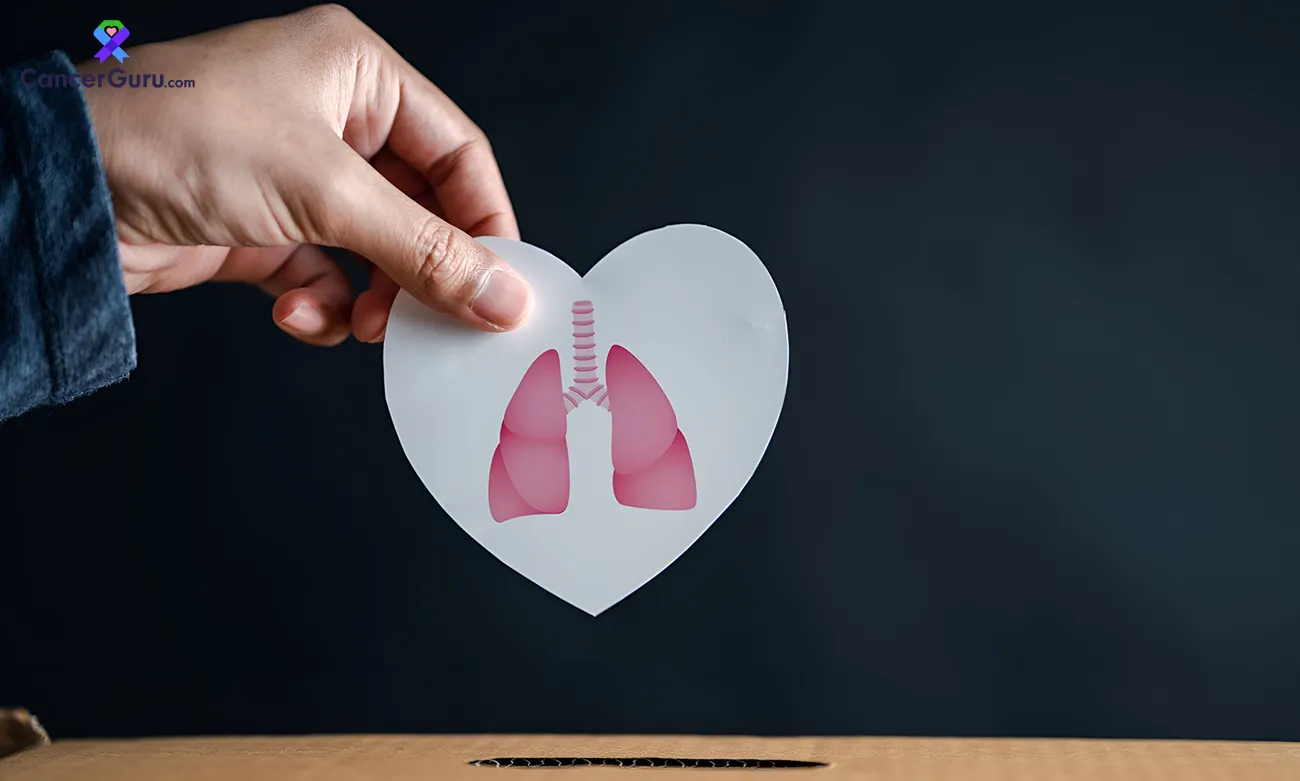- Email: [email protected]
- Contact: +1 (407)581-9000
Can Dogs Smell Cancer? What Science Says About Detection
October 6, 2025

Dogs give us more than just friendship. They're loyal, kind, and helpful in ways many people don’t realize. At places like Roswell Park, therapy dogs help patients and families feel a little better during tough times. Their strong sense of smell lets them do serious jobs, too. From finding hidden drugs or explosives to noticing medical issues like low blood sugar or seizures, trained dogs have proven how useful their noses can be in the real world.
Now, there’s growing proof that dogs can sniff out signs of cancer, too. They’ve already helped researchers and doctors find clues that might be missed during regular testing. Some dogs can pick up tiny scent changes in a person’s breath, sweat, or urine. These dogs are being trained across the country to support cancer research. With the help of their handlers, they’re showing how powerful a dog’s nose is, maybe even strong enough to help save lives.
Can dogs smell cancer?
Yes, research shows that dogs can sniff out certain types of cancer in people. Their sense of smell is so sharp, they can pick up on very small chemical changes in the body, even before symptoms show up.
Cancer can give off unique smells through substances in the body. These smells come from something called volatile organic compounds (VOCs), which are tiny particles released by cancer cells or healthy cells reacting to cancer. Dogs can pick up on these odors in things like breath, sweat, or urine.
Here’s how dogs might detect cancer:
- Dogs are trained to pick up specific smells that come from the body when cancer is present.
- They can sense these smells in very low amounts, sometimes just a few particles in a trillion.
- They can detect VOCs through breath, sweat, skin, blood, urine, and even stool.
- Their strong noses make them useful in identifying cancer early, sometimes earlier than machines can.
- Specially trained dogs are known as medical detection dogs.
Some cancers dogs may be able to detect:
- Lung cancer from a person’s breath
- Bladder cancer from urine samples
- Breast cancer from breath
- Prostate cancer through urine
- Skin cancer originates from the surface of the skin
- Ovarian cancer from blood samples
Researchers are still studying this to learn how it all works. It's possible dogs are reacting to signs of tissue damage or inflammation that comes with cancer, not the cancer itself. But either way, their noses are picking up something that tells them something’s not right.
Dogs won’t replace medical tests, but they might help as an extra layer of early warning in the future. Their ability to detect certain smells makes them more than just great companions. They could play a bigger role in health one day.
Can Dogs Detect Different Types of Cancer?
Yes, research shows that dogs can detect several types of cancer, including:
- Melanoma
- Colorectal cancer
- Lung cancer
- Ovarian cancer
- Prostate cancer
- Breast cancer
In one case, a 75-year-old man went to the doctor after his dog kept licking a spot behind his ear. Tests later confirmed it was malignant melanoma. The dog wasn’t trained for cancer detection. It simply picked up on something unusual.
Most studies that explore dogs’ ability to detect cancer involve training. Dogs are taught to recognize certain smells linked to specific cancers. For example, trained dogs have shown they can pick up colorectal cancer through a person’s breath or watery stool. They’ve even detected early-stage cases, and other gut issues didn’t seem to confuse them.
Dogs have also been trained to identify lung cancer just by sniffing someone’s breath. In one study, a trained dog could tell the difference between people with and without lung cancer with very high accuracy. In another study, two dogs trained over a year were tested with urine samples and managed to detect lung cancer with about 45–73% accuracy.
There’s also evidence that dogs can spot ovarian cancer from blood samples and prostate cancer from urine.
One of the most impressive findings came in 2021. A trained dog was able to detect breast cancer with perfect accuracy from urine samples taken from 200 people. Of those, 40 had breast cancer, 182 had other types of cancer, and 18 didn’t have cancer at all. While those results were impressive, researchers still need to test more dogs to see if the same results hold up in larger studies.
Interestingly, dogs trained only to detect breast cancer were later able to identify melanoma and lung cancer. This hints at the idea that different cancers might share a similar smell that trained dogs can recognize.
How do dogs behave when they detect cancer or other illnesses?
Dogs may act differently when they sense something is wrong, but their responses are usually more noticeable when they've been trained to react in a certain way. Some dogs are trained for medical alert or research purposes and show specific behaviors when detecting illness.
Trained dogs might:
- Nudge, lick, or paw at a particular area of the body
- Bring over items like a phone or a medical device
- Wake their owner during sleep if they notice abnormal blood sugar levels
- Support someone who needs help with balance or movement
- Alert deaf owners to important sounds
- Guide someone away from potentially harmful situations
Are Dogs Used in Cancer Research and Diagnosis?
Yes, dogs are being used in cancer research and early detection efforts. Scientists have been studying how trained dogs can help spot certain cancers using only their noses. Since this approach doesn’t involve needles or machines, it’s seen as a safe and noninvasive way to support diagnosis. Dogs can be trained to detect cancer-related smells in things like breath, urine, sweat, or even blood. Their ability to catch these tiny odor changes may help doctors find cancer earlier than some tests can.
Medical detection dogs are already being used in research settings, and there's growing interest in using them in clinics or labs. They’re quick to train, easy to move around, and can trace scents right back to their source. In some cases, dogs have been able to detect cancer in tissue samples. They’ve shown promise in identifying types like lung, bladder, ovarian, skin, and breast cancer, all just from the scents people give off during daily life.
Even with all these early signs of success, research is still going on. Scientists are looking into how accurate dogs are, which breeds work best, and what kind of training gives the best results. There’s also work being done to use what we’ve learned from dogs to create machines that can pick up the same cancer-linked smells, like electronic noses. While the idea of dogs detecting cancer sounds almost unbelievable, their powerful noses are helping open new doors in cancer research.
Final Words
Dogs have an incredibly powerful sense of smell, about 10,000 times more accurate than ours, which allows them to detect diseases by picking up subtle scent changes in the body. Research shows that, with proper training, dogs can identify certain cancers, as the disease alters a person’s natural scent. These medical-detection dogs are also being studied for their ability to sense other health conditions like Parkinson’s, diabetes, and migraines. Their unique ability could play a key role in early detection and support more accurate, less invasive diagnoses.
Ratings and reviews
-
No comment (10 Nov 2025)










